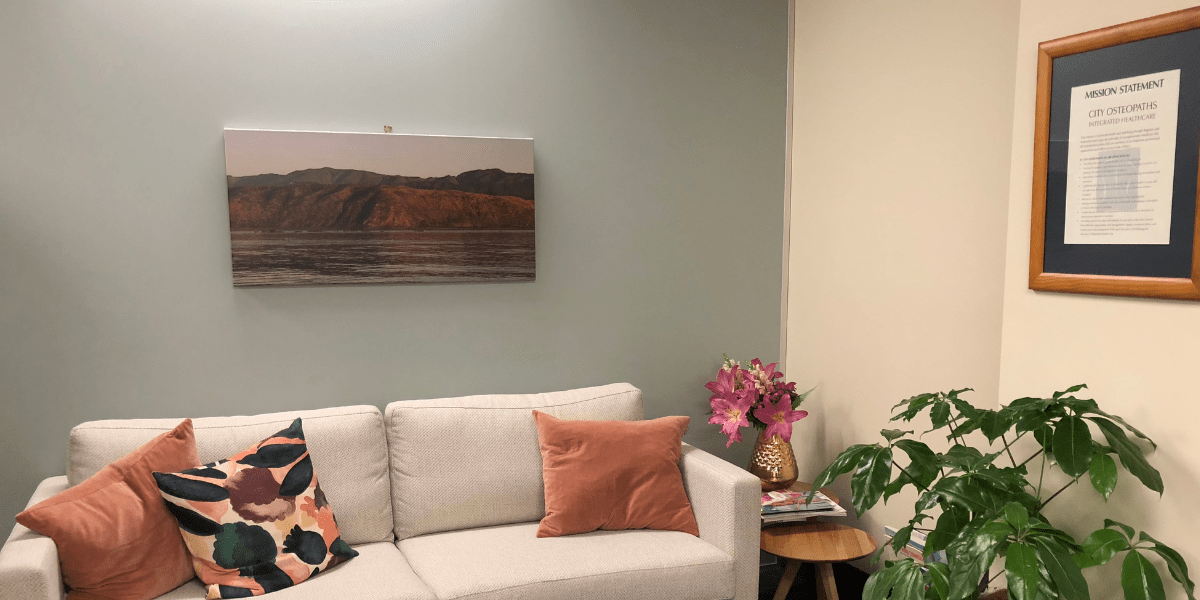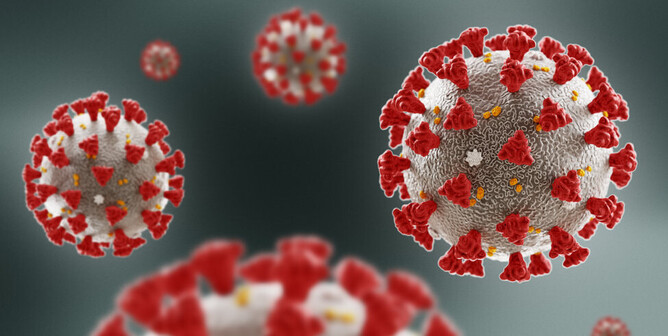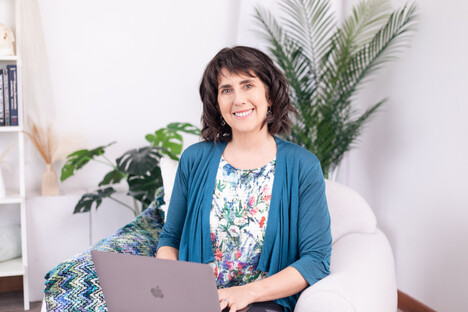What to do if you have long covid and how to recover
LONG COVID SYMPTOMS CAN VARY DEPENDING ON THE PERSON AND THEIR IMMUNE SYSTEM. But most sufferers describe feeling overtired and generally unwell. You may also have a combination of:
Lack of concentration
Headaches
Stiff joints/joint pain
Confusion
Brain fog
Swollen lymph nodes
Sore throat
Chest tightness or pain
Shortness of breath
Dizziness
Heart palpations
Depression and anxiety
Feeling sick , loss of appetite, stomach aches
Rashes
Insomnia or difficulty sleeping.
Many people are unable to work (either in manual or office-based roles), drive, participate in their usual physical activity or, at times, engage with their family life as usual. This can lead to anxiety and low mood. What if resting is not working?
If you are suffering from Long Covid you probably know you need to rest to recover. You may have been told to just rest and have been resting now for a month or more. Recovery seems slow or has stopped progressing. Don't worry, there are very good options for you to do next.
The scientific literature shows that severe complications of Covid infections seem to result from an increase in inflammation and altered immunity caused by a cytokine storm. However, Long Covid can occur from even mild cases of infection. Why is your body not recovering? Post-infection there is a clean-up job for your immune cells and your nervous system needs to get back to normal settings. With even 'mild Covid' there may be irritation of many organs in your body, including your brain, your lungs, your heart and your digestive tract. It also appears that the Covid virus is very good at turning down aspects of the immune system response to be able to have an easier time of infecting cells.
People with co-morbidities or who are already run down/tired or sick when they are infected may be likely to have a harder time with a Covid infection.
What can you do?
Nutritional and lifestyle support for viruses has already been described in detail here.
Then you may like to add in one or more in combination of: Osteopathy, Acupuncture, Massage Therapy and Hyperbaric Oxygen Therapy to speed your recovery.
Osteopathic treatment has been shown to improve the immune response and calm the autonomic nervous system so you start to feel better quickly. Relieving the pressure in the chest area, improving breathing and easing headaches. We utilise structural, cranial, visceral and Biodynamic Osteopathy. More information on osteopathy here and our team here
Acupuncture works by stimulating the nervous system, causing a release of neurochemical messengers. This enhances the body's homeostatic state, reduces sensitivity to pain and helps promote relaxation.
Massage Therapy reduces anxiety and stress, reducing cortisol and assisting improved immune function. More information on our massage therapist here
Hyperbaric Oxygen Therapy reduces brain fog and fatigue. it works by reducing inflammation, re-activating the immune system and stimulating mitochondria which provide the power supply in all cells. More information on mHbot here
In our practice we have very experienced practitioners who are ready to listen to you and work to help you feel better. We work as a team to figure out the really tricky cases and are proud of the value we add to improving the quality of people's lives.
References:
1. Osteopathic Response to the Covid -19 Pandemic
Eric Martinez und David ReddingAus der Zeitschrift Journal of Osteopathic Medicine
2. Hyperbaric Oxygen Therapy for the treatment of Long Covid
Tim Robbins, NIHR clinical lecturer, A Michael Gonevski, hyperbaric doctor, B Cain Clark, assistant professor, Sudhanshu Baitule, clinical fellow
3. Support for rehabilitation – self-management for COVID-19 related illness World Health Organisation, Denmark, 2020
4. https://www.healthnavigator.org.nz/health-a-z/c/covid-19-long-covid/
5. https://www.bbc.com/news/health-61711913 Long Covid face lottery over treatment
6. https://denisecallaghan.co.uk/blog/osteopathy-to-help-with-long-covid/
To find out more about the author Dr Melanie Young, Click here



